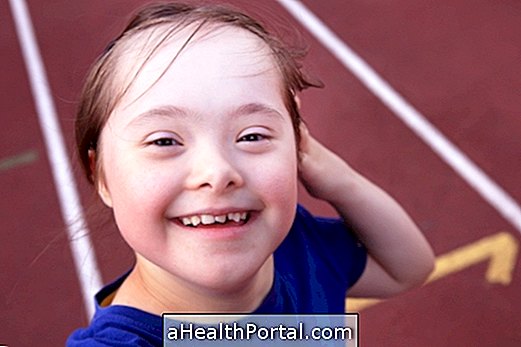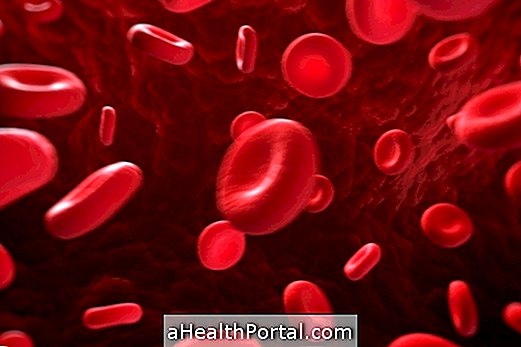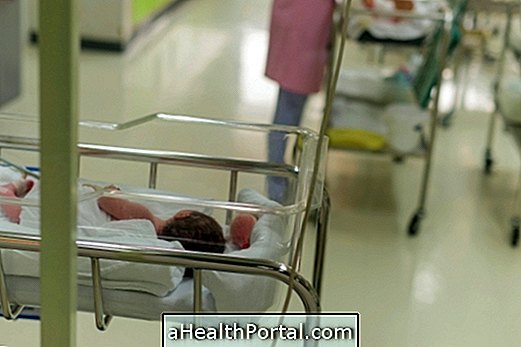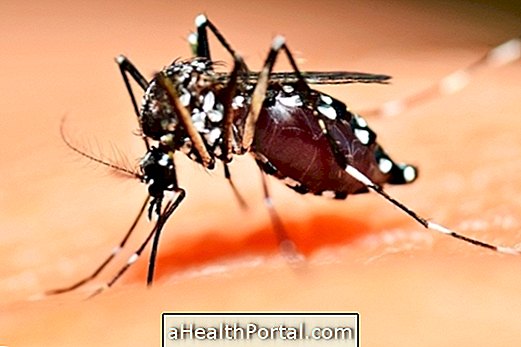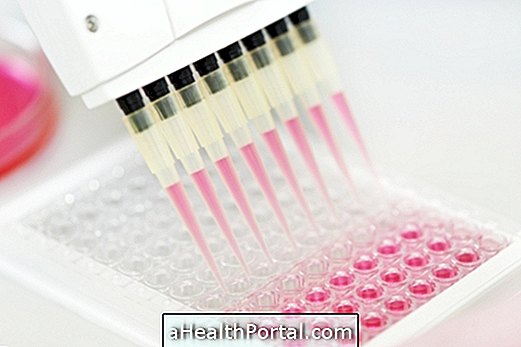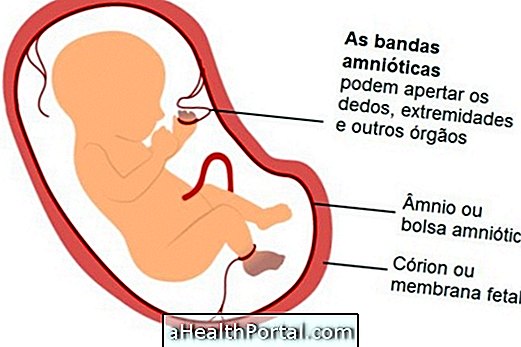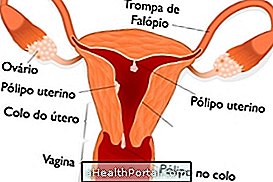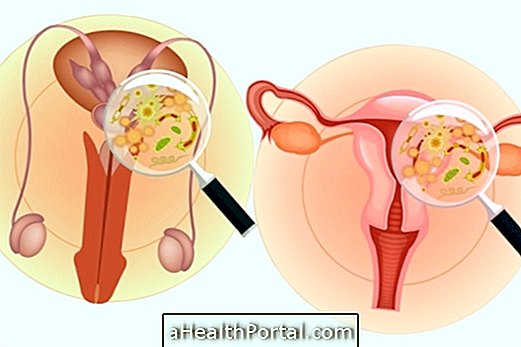DiGeorge syndrome is a rare disease caused by a congenital defect in the thymus, parathyroid glands, and aorta, which can be diagnosed during pregnancy. Depending on the degree of development of the syndrome, the doctor may classify it as partial, complete, or transient.
Children do not develop this disease in the same way, as this varies according to the genetic alterations of each one, however, the most common characteristics include:
- Bluish skin;
- Ears lower than normal;
- Small mouth, shaped like a fish mouth;
- Delay in growth and development;
- Cleft palate;
- Absence of thymus and parathyroid glands on ultrasound examination;
- Malformations in eyes;
- Deafness or marked hearing loss;
- Emergence of heart problems.
In addition, in some cases, this syndrome can also cause breathing problems, difficulty gaining weight, delayed speech, muscle spasms or frequent infections, such as tonsillitis or pneumonia, for example.

Most of these characteristics are visible soon after birth, but in some children the symptoms may become evident only a few years later, especially if the genetic change is very mild. Thus, if parents, teachers or family members identify any of the characteristics should consult the pediatrician that can confirm the diagnosis.
How is the diagnosis made?
Usually the diagnosis of DiGeorge syndrome is made by a pediatrician through observation of the characteristics of the disease. So, if you feel it necessary the doctor can ask for diagnostic tests to identify if there are common cardiac changes of the syndrome.
However, to make a more accurate diagnosis, a blood test, known as FISH, may also be ordered, in which the presence of changes in chromosome 22, which is responsible for the onset of the DiGeorge syndrome, is evaluated. Learn more about how this exam is done.
How is DiGeorge syndrome treated?
The treatment of DiGeorge's syndrome is started soon after the diagnosis, which usually happens in the first days of the baby's life, still in the hospital. Treatment usually includes strengthening the immune system and calcium levels because these changes can lead to infections or other serious health conditions.
Other options may include surgery to correct the cleft palate and use of heart medicines, depending on the changes that have developed in the baby.
There is still no cure for DiGeorge syndrome, but it is believed that the use of embryonic stem cells can cure the disease.
Main causes of DiGeorge's syndrome
The causes of DiGeorge syndrome are related to alcohol use during pregnancy, development of gestational diabetes, and spontaneous genetic changes of chromosome 22, which may occur without a specific cause.

